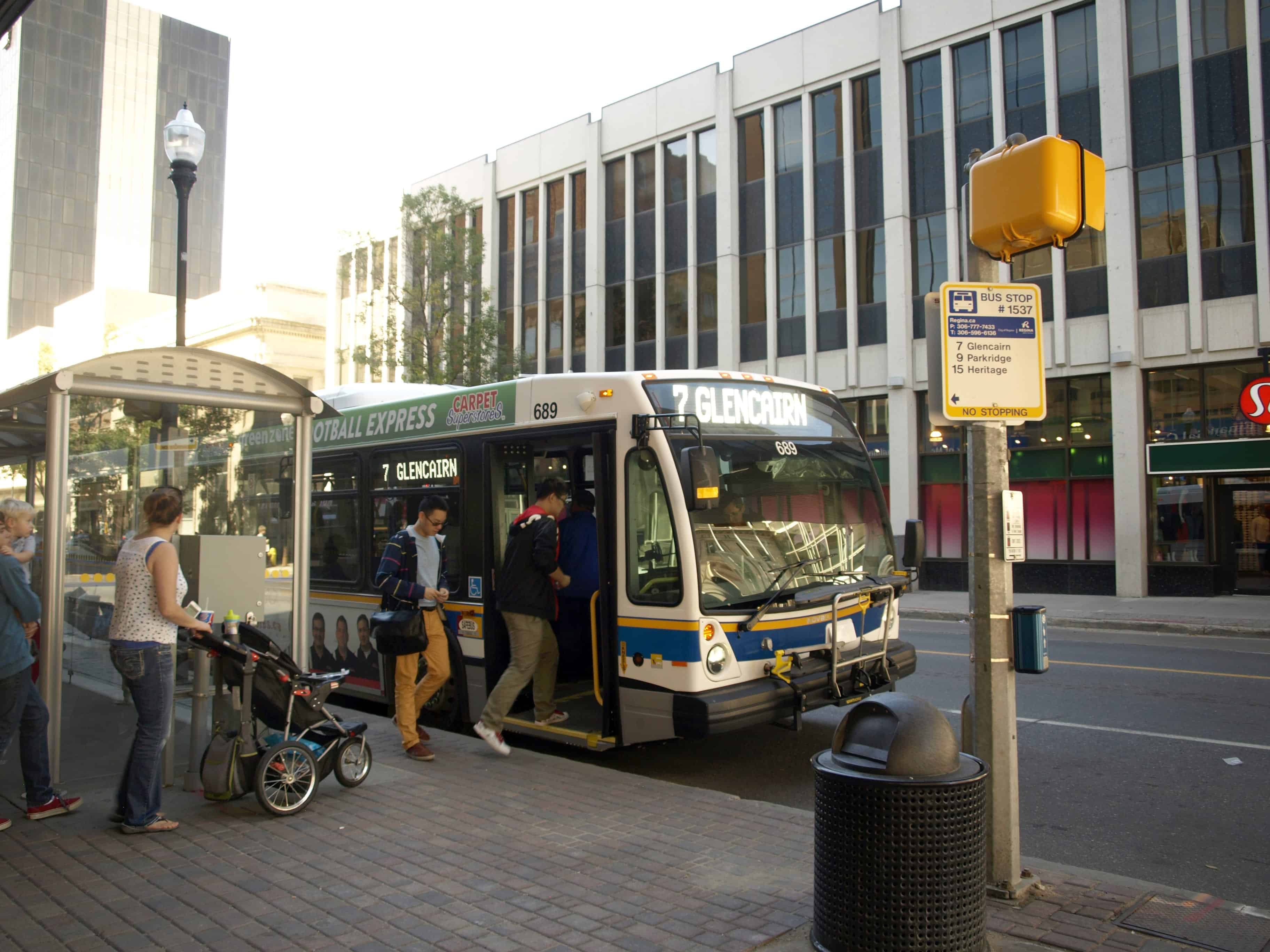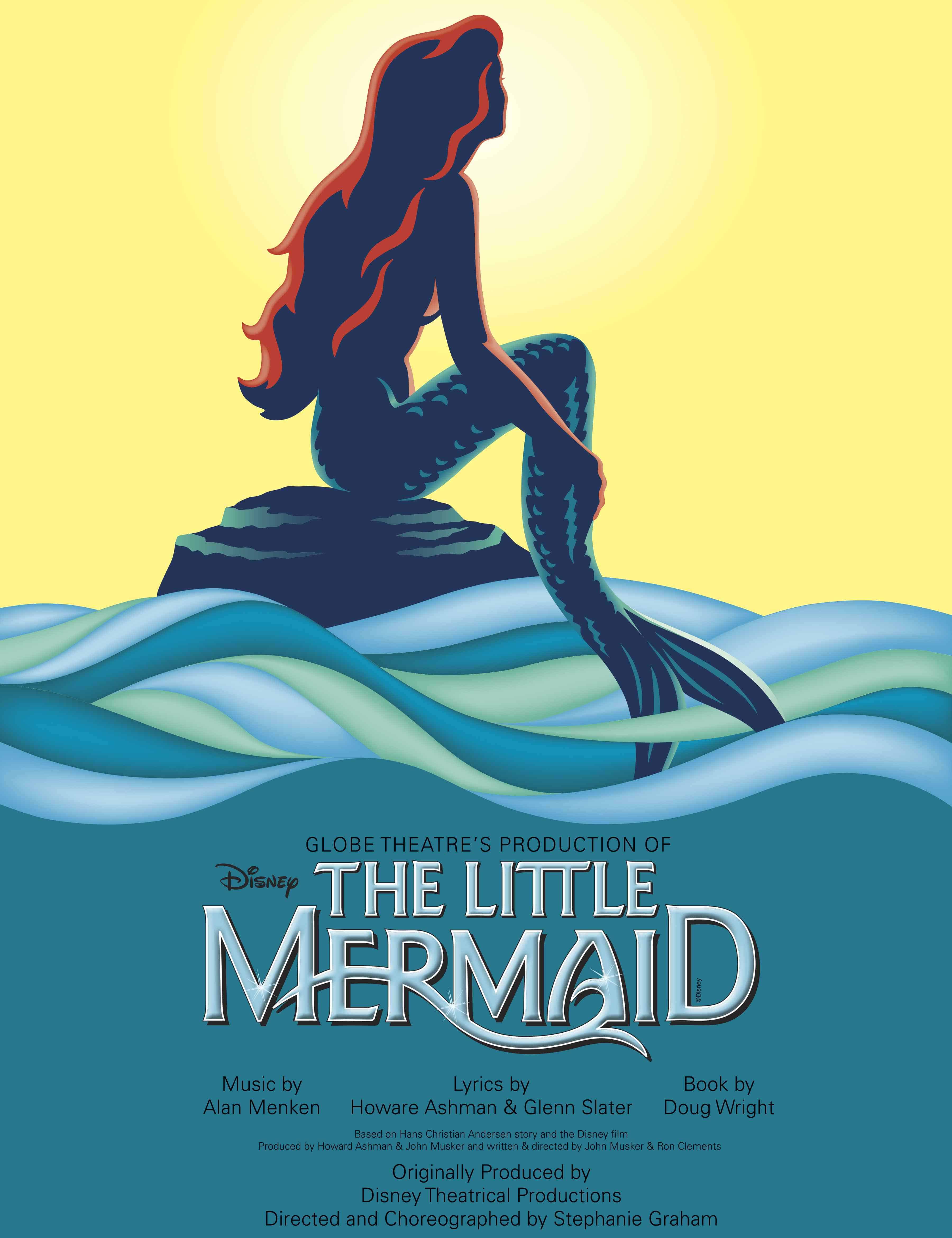U-Pass passes executive committee vote

City of Regina Executive Committee members approved URSU plans for mandatory student bus-passes, route expansions
On Sept. 9, the City of Regina’s Executive Committee voted almost unanimously in favour of instituting a universal transit pass program (U-Pass) for students at the U of R, as well as an URSU-funded expansion of the city’s transit system. This follows a referendum held last March, which saw a narrow majority of students voting in favour of opening U-Pass negotiations with the City.
The decision by the Committee approved a plan to issue bus passes to all U of R students except those who can prove they live within 1km of campus or beyond the city limits. The City also confirmed that they will purchase five new busses, and improve service by expanding several routes and creating one new route.
In exchange, URSU promised to pay $1.67 million to the City annually for seven years, to cover the operating costs of the new busses and routes. This will be funded by an additional student fee of $80-90 according to URSU President Devon Peters. While the exact figure was never named, Peters describes their estimate as “well within the normal range [for U-Passes].”
Despite passing, the proposal was not without opposition, particularly from City Councillor Bob Hawkins (who served as U of R President and Vice-Chancellor from 2005-2006). Hawkins claimed that “we are asking students to subsidize our bus service… this includes students who many not want, may not need a bus pass.” Hawkins argued that URSU’s referendum did not present a specific cost to students, who will be ultimately responsible for funding the program.
Hawkins, the only committee member to vote against the proposal, stated that the committee’s responsibilities extended beyond cost recovery, and that they must ensure students are treated fairly. He also noted that U-Passes are far from typical, being mandatory at only a third of Canadian universities.
Mayor Michael Fougere echoed counsellor Hawkins’ concerns, stating “there is no risk for the City. The risk is all on the students.”
Last year’s URSU referendum was criticized for its poor turnout. Only 24% of students voted, and the U-Pass was only approved by a slim majority. Despite this, Peters assured committee members of the URSU’s strong mandate, and called the suggestion of an annual vote to reaffirm student support of the program “a crazy thing to suggest,” claiming it would be “unnecessary and disruptive.”
David Vanderberg, a U of R student and director of Regina Green Ride Transit Network (an advocacy group dedicated to increasing ridership citywide) also stood by the referendum decision, saying, “This is what the majority of students wanted… those who vote are heard.”
Vanderberg also noted that there was no organized opposition to the U-Pass referendum, and that no students attended the meeting to speak against the proposal.
While several members of the committee voiced discomfort at the idea of students bearing financial risk, they agreed that the program would improve ridership and would be good for the city. Despite what Mayor Fougere described as “some lack of clarity from the student union on numbers,” he supported the proposal, stating that “the city benefits from this greatly.”
The mayor went on to compliment the enthusiasm and speaking skills of the students who spoke in support of the U-Pass, and congratulate Peters and Vanderberg on their poise under difficult questioning.
Before the deal is finalized, the plan must be approved by the Regina City Council at a public meeting scheduled for Sept. 28. Despite this final obstacle, it seems clear that both groups are ready and willing to move forward with the plan.
If the vote passes on Sept. 28, U of R students could be swiping their U-Passes as early as next fall.










